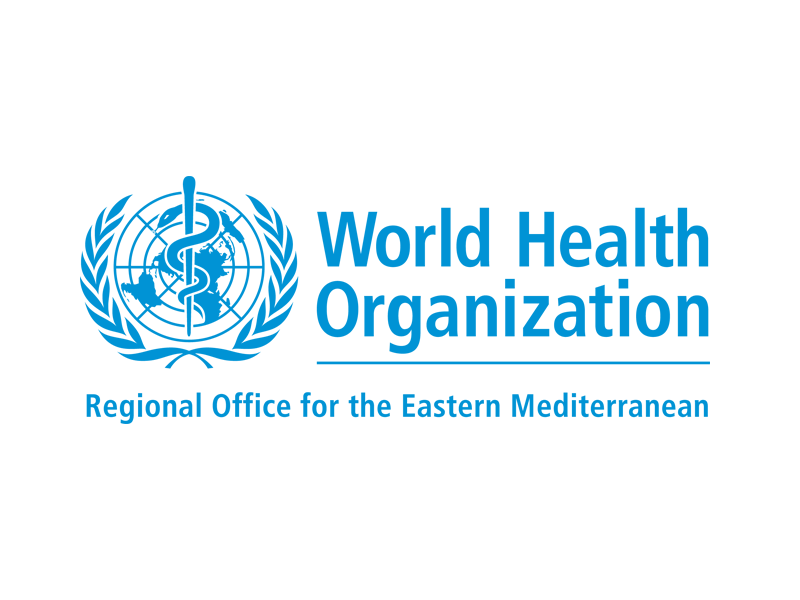As of April 27, 2025, the World Health Organization (WHO) has reported a cumulative total of 157,035 cholera cases and 2,148 deaths across 26 countries in three regions: Africa, the Eastern Mediterranean, and South-East Asia. This marks a 5% increase in new cases compared to March, with 37,147 new cases and 561 deaths recorded in April alone.
Regional Impact
- Africa: The African Region continues to bear the highest burden, with countries like Angola, the Democratic Republic of the Congo, and South Sudan experiencing significant outbreaks. In Angola, over 14,000 cases and 505 deaths have been reported since January, affecting 17 of 21 provinces. The situation is further exacerbated by ongoing conflict and displacement, which hinder access to clean water and healthcare services. (WHO | Regional Office for Africa)
- Eastern Mediterranean: Countries such as Sudan and Yemen are facing severe outbreaks. In Sudan’s White Nile State, nearly 100 deaths have been reported in less than a month, with over 2,700 cases since February. (AP News)
- South-East Asia: The region is witnessing a resurgence of cholera, with cases reported in countries like Pakistan and Bangladesh. Poor sanitation and inadequate healthcare infrastructure are significant contributors to the spread.
Challenges in Response
The global stockpile of Oral Cholera Vaccine (OCV) stands at 3.6 million doses, below the minimum emergency threshold of five million. Persistent global demand continues to exceed supply, undermining efforts to contain outbreaks and conduct preventive campaigns.
Factors such as conflict, mass displacement, natural disasters, and climate change have intensified outbreaks, particularly in rural and flood-affected areas where poor infrastructure and limited healthcare access delay treatment. These cross-border factors have made cholera outbreaks increasingly complex and harder to control.
Global Response Efforts
WHO and its partners are deploying multidisciplinary teams to affected countries, focusing on case management, water, sanitation and hygiene (WASH), epidemiology, logistics, and community engagement. Emergency vaccination campaigns and infrastructure improvements are underway in countries like Mozambique, Zambia, and Zimbabwe. (NICD)
Outlook
The cholera situation remains critical, with the potential for further spread due to ongoing challenges in vaccine supply and healthcare infrastructure. Continued international support and coordinated efforts are essential to mitigate the impact and prevent additional outbreaks.



